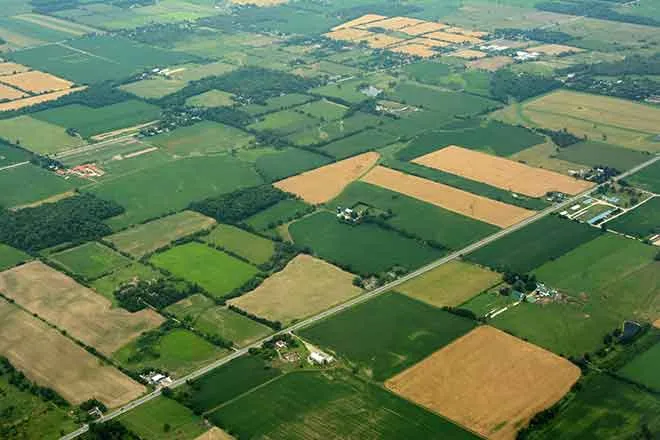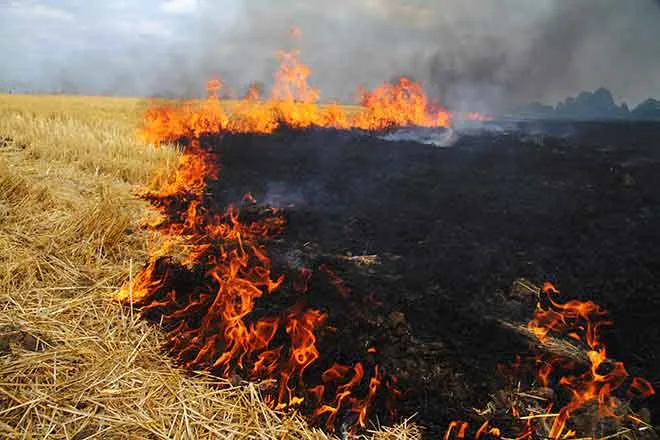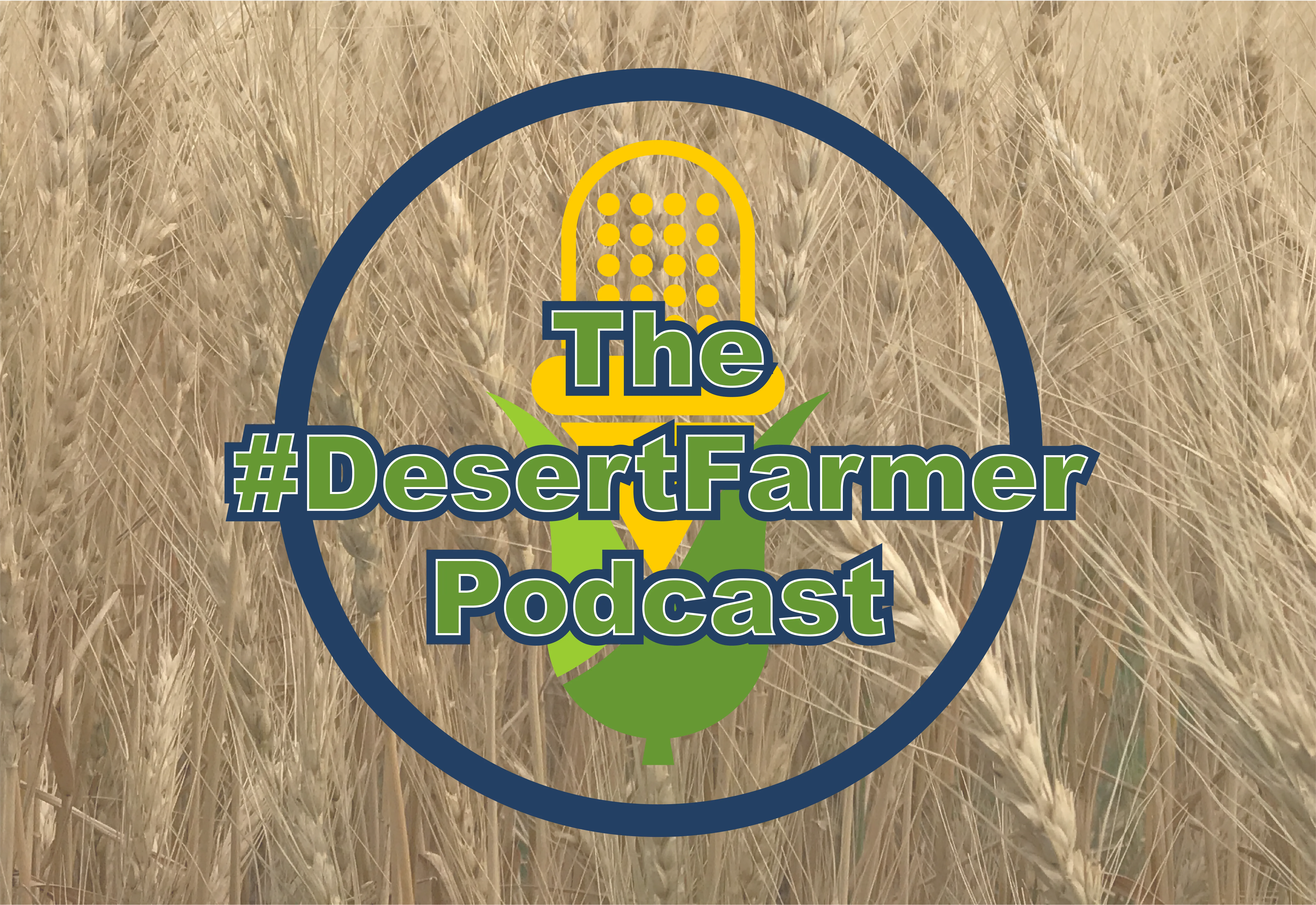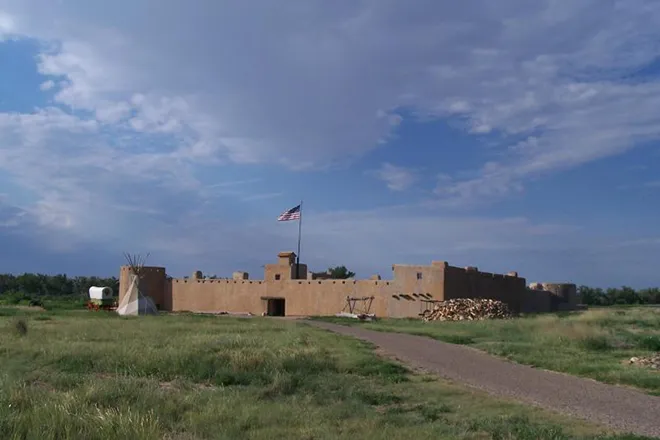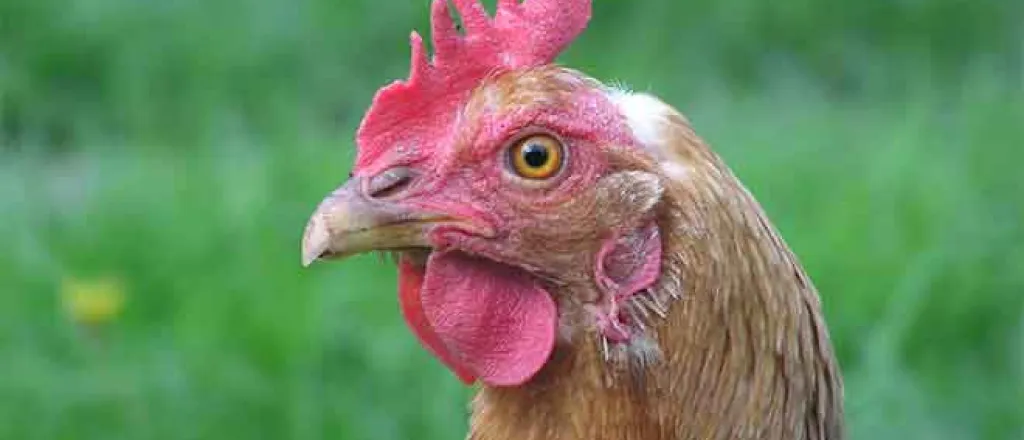
Avian flu outbreak highlights need for improved wildlife disease tracking
Click play to listen to this article.
(Arkansas News Service) In the wake of the latest, highly contagious bird flu outbreak in Arkansas and across the country, Congress is considering a bill to improve the monitoring of wildlife diseases.
The Wildlife Disease Surveillance for Pandemic Prevention Act aims to strengthen monitoring and response systems for illnesses with the potential to affect humans.
Miles Goggans, board member of the Arkansas Wildlife Federation, said the bill is critically needed, because it would establish systems to detect outbreaks early and collect data on their spread.
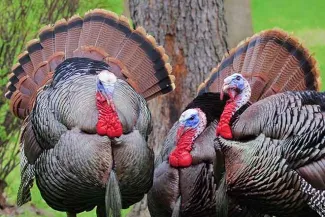
© iStock - Jeffengeloutdoors.com
"Here in Arkansas, there's a very heightened awareness of some strain of an avian flu," Goggans pointed out. "Arkansas is the number one poultry producing state in the country, we're very high in turkey production as well. We're absolutely full of avid duck hunters and waterfowl hunters."
Goggans added the Arkansas Department of Game and Fish is encouraging residents to report any wild birds appearing to be sick. The bill would allow Congress to provide more than $42 million a year for research into wildlife diseases and improving the systems for tracking them.
Dr. Colin Gillin, state wildlife veterinarian for the Oregon Department of Fish and Wildlife and vice-chair of the Association of Fish and Wildlife agencies, said the most recent bout of disease, known as "high-path avian influenza," started in 2021 on the Northeast coast, and has spread across the country, affecting both backyard and commercial flocks.
"So far, we've confirmed it in a minimum of 8,700 bird samples," Gillin outlined. "There literally have been hundreds of thousands of birds that have been affected by this high-path avian influenza. The reason this is important in particular is because it has affected over 100 species of wild birds."
Gillin added the funding from the legislation could be used by states to build capacity through
increasing wildlife health staff, diagnostic systems, and research wildlife diseases such as coronaviruses closely related to COVID in humans, helping to prepare for potential future outbreaks. Funding in the bill
would also establish a separate grant program for state and tribal disease surveillance.

